News

Oct 06, 2023
Girirajan named T. Ming Chu Professor of Biochemistry and Molecular Biology
Santhosh Girirajan, professor and interim head of the Penn State Department of Biochemistry and Molecular Biology, has been named the T. Ming Chu Professor of Biochemistry and Molecular Biology.
Full Article
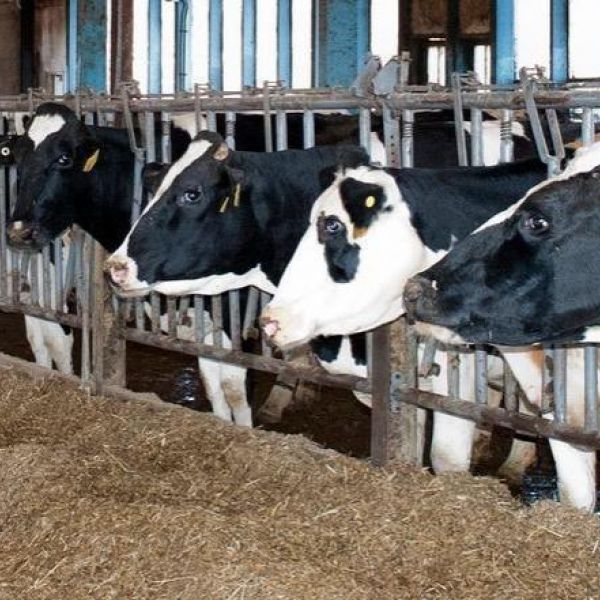
Sep 22, 2023
Researchers aim to reduce antimicrobial resistance in Puerto Rico dairy industry
Using a $1 million grant from the USDA, a Penn State-led research team will assess levels of antimicrobial-resistant microorganisms in Puerto Rico's dairy industry and train farmers and students to mitigate the health threat they pose.
Full Article
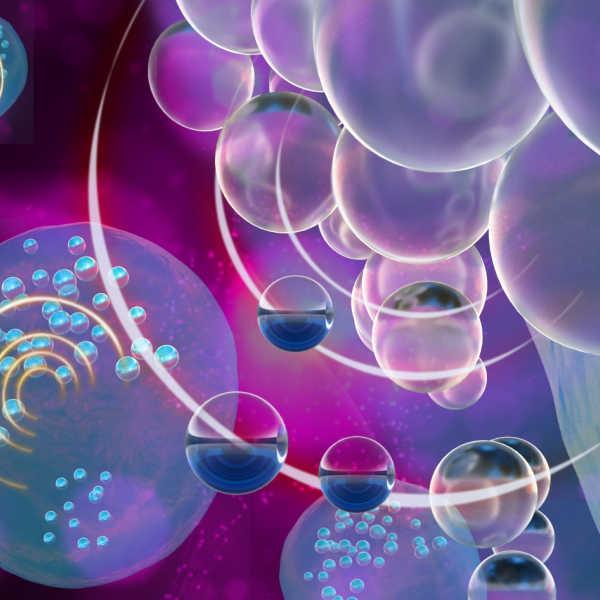
Sep 21, 2023
Tiny bubbles could reveal immune cell secrets and improve treatments
Penn State researchers are developing a novel bubble-based technique to watch immune cells at work.
Full Article

Sep 18, 2023
Novel approach to engineered cells may enable molecular medical imaging
A tiny molecular structure that looks like a bubble may be able to significantly improve medical imaging, according to a Penn State research team led by Lance Lian.
Full Article
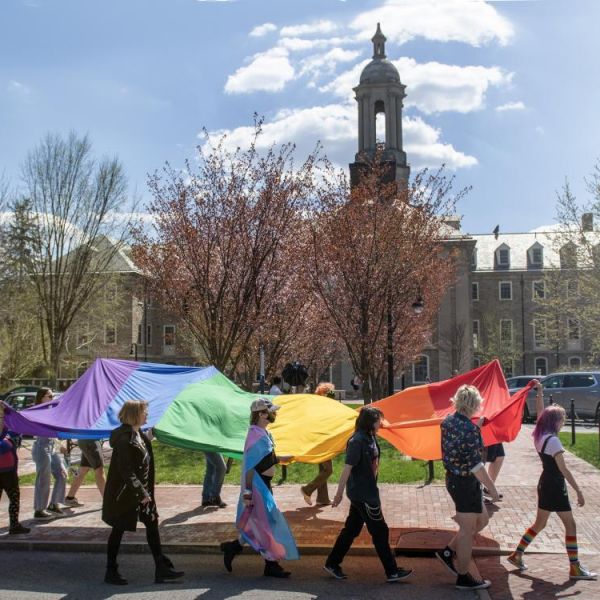
Aug 29, 2023
Penn State again named among nation's most LGBTQ-friendly universities
Penn State has once again earned a spot on Campus Pride’s “Best of the Best” LGBTQ-friendly College and Universities list, achieving an overall 5 out of 5 stars in the Campus Pride Index for 2023. Institutions are evaluated on eight LGBTQ-friendly factors, including housing, campus safety, academics, student life, and recruitment and retention efforts.
Full Article
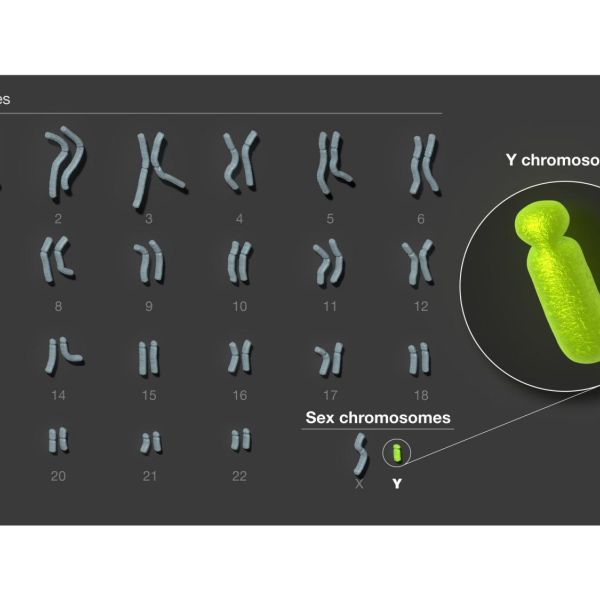
Aug 24, 2023
DNA sequence of the human Y chromosome fully determined for first time
The first full sequence of the last human chromosome — the Y chromosome — to be assembled is complete, thanks to an international collaboration that includes Penn State researchers. The new sequence, which fills in gaps across more than 50% of the Y chromosome’s length, uncovers genomic features with implications for fertility, as well as cancer risk and severity.
Full Article
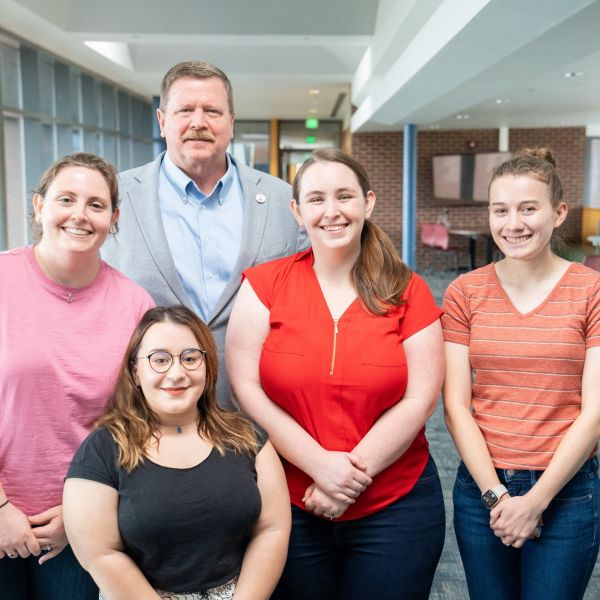
Jul 26, 2023
HGSAC looks to raise the bar with election of new co-chairs
HGSAC students elected Avery Sicher and Jessica Walnut to serve as the graduate co-advisors to the Huck Institutes for the upcoming 2023-24 academic year.
Full Article
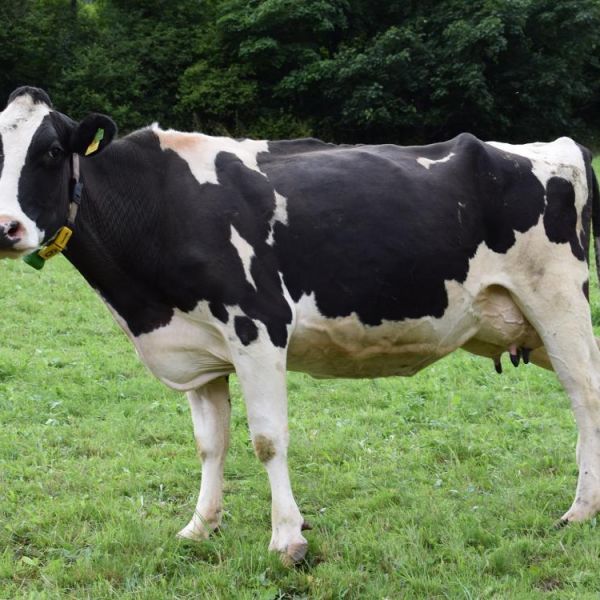
Jul 11, 2023
Animal scientist receives USDA grant to study reproductive dysfunction in cattle
A Penn State animal scientist has received a $650,000 grant from the U.S. Department of Agriculture to lead a team conducting research on reproductive dysfunction in cattle.
Full Article
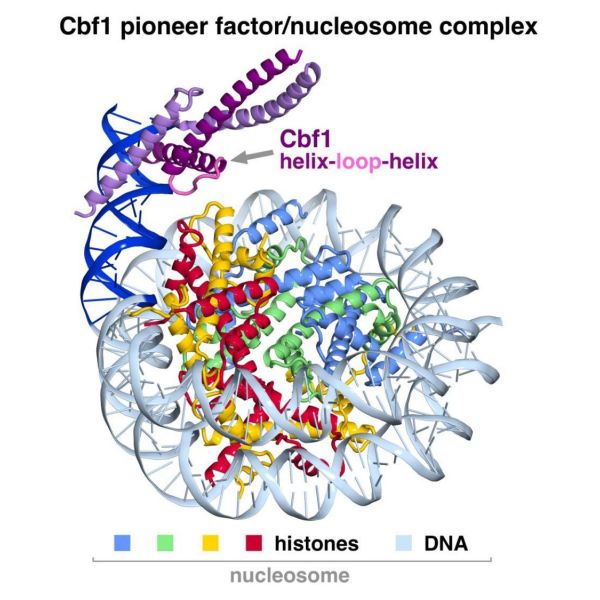
Apr 20, 2023
How 'master regulators' of cells make DNA accessible for gene expression
New insight into proteins called “pioneer factors” helps to explain their unusual ability to open up the typically dense genetic material within our cells. This behavior makes the genetic material accessible for proteins involved in important cellular processes, such as DNA replication and repair, gene expression, and the creation of proteins.
Full Article
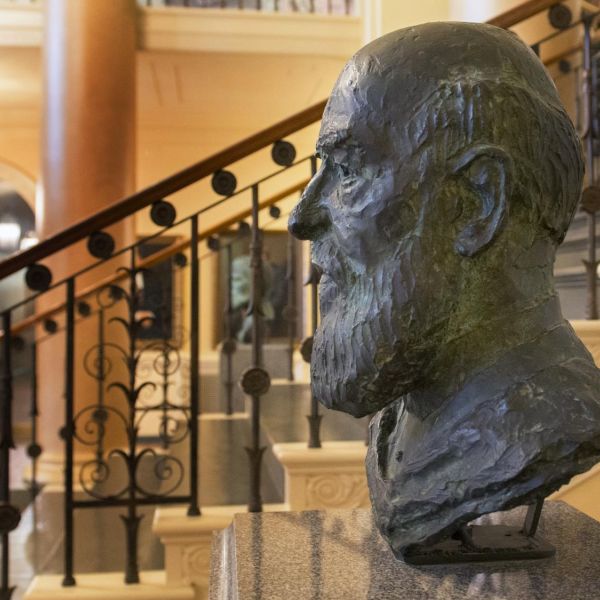
Apr 13, 2023
Penn State announces 2023 University-wide faculty and staff awards
Each spring, Penn State recognizes outstanding faculty and staff with annual awards in teaching and excellence. These awards highlight many of the University's faculty and staff who go above and beyond in their work at Penn State.
Full Article